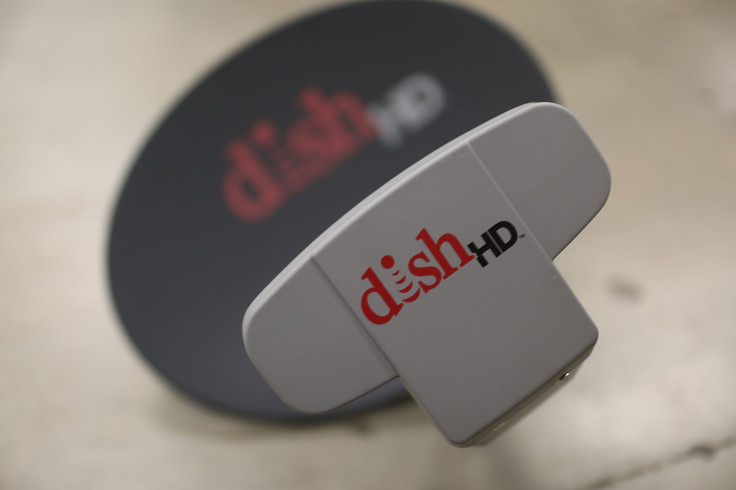Dish Network Blackout: Viewers Livid As Tribune Stations From NYC To LA Go Dark In Latest Contract Dispute

Dish Network Corp. subscribers are once again finding themselves caught in the middle of a contentious contract battle between the satellite TV provider and a major broadcaster, and many viewers are saying enough is enough.
Broadcast stations owned by Tribune Media were yanked off the air in 33 markets Sunday — including in major cities like New York, Los Angeles, Chicago, Philadelphia and Dallas — after the two sides could not reach a new carriage agreement. In all, 42 stations were affected, Tribune said, with a combined reach of more than 50 million households across the United States. The affected stations include affiliates of all the major broadcasters: ABC, NBC, CBS and Fox, meaning some viewers were unable to watch CBS’s telecast of the Tony Awards on Sunday night.
Angry viewers took to social media Sunday to voice their frustrations, with many vowing to cancel their Dish subscriptions if the service disruption continues. One person tweeted to Charlie Ergen, Dish’s co-founder and chairman, asking him to “pay your bills.” The online backlash continued through late Monday afternoon with seemingly no resolution in sight.
As usual, both sides have been blaming each other for the blackout. In a statement Sunday, Warren Schlichting, Dish Network’s executive vice president of programming, accused Tribune of trying to extort “unreasonable” rate increases for its broadcast channels, which, he points out, are already available over the air for free. “Actions like Tribune’s are what drive price increases and feed customer frustration for our industry,” Schlichting said.
Tribune disagrees. Gary Weitman, the company’s senior vice president for corporate relations, said Tribune is merely seeking an agreement based on “fair-market value,” and that Dish has refused to accept it. “We want to keep servicing our local communities and we have repeatedly offered Dish a lengthy extension to continue negotiations — unfortunately, Dish rejected these offers,” Weitman said in a statement.
Underpinning the dispute is a growing controversy around “retransmission consent” fees, which pay-TV operators pay to broadcast station owners for the right to carry their feeds. Such fees were rare a decade ago, but they have skyrocketed in recent years as media companies have sought lucrative new streams of revenue. Retrans fees are expected to hit $9.8 billion by 2020, according to the research firm SNL Kagan.
Cable and satellite companies want legislative reform, and some analysts have pointed out that high-profile carriage disputes like this one could push lawmakers to a tipping point.
Dish has also accused Tribune of trying to force it to carry WGN America, which it described as a “low-performing cable channel.”
“Tribune’s attempt to engineer a forced bundling arrangement of its cable channel and local broadcast stations is a prime example of why Washington needs to stand up for consumers,” R. Stanton Dodge, Dish’s executive vice president and general counsel, said in a statement. “Broadcasters like Tribune use their in-market monopoly power to put overall profits ahead of the public interests they are supposed to serve.”
Tribune countered that it is simply asking Dish to accept the same terms that other providers have already accepted.
Dish Network, which has been losing traditional pay-TV subscribers, has been involved in a number of carriage fights over the last few years, notably going without popular channels like Fox News and CNN for long stretches during 2014 and 2015. During this latest dispute, Dish said it will offer over-the-air antennas to customers in affected areas at no charge.
Neither company responded to questions about when the dispute would come to an end.
Christopher Zara covers media and culture. News tips? Email me. Find me on Twitter and Facebook.
© Copyright IBTimes 2024. All rights reserved.






















